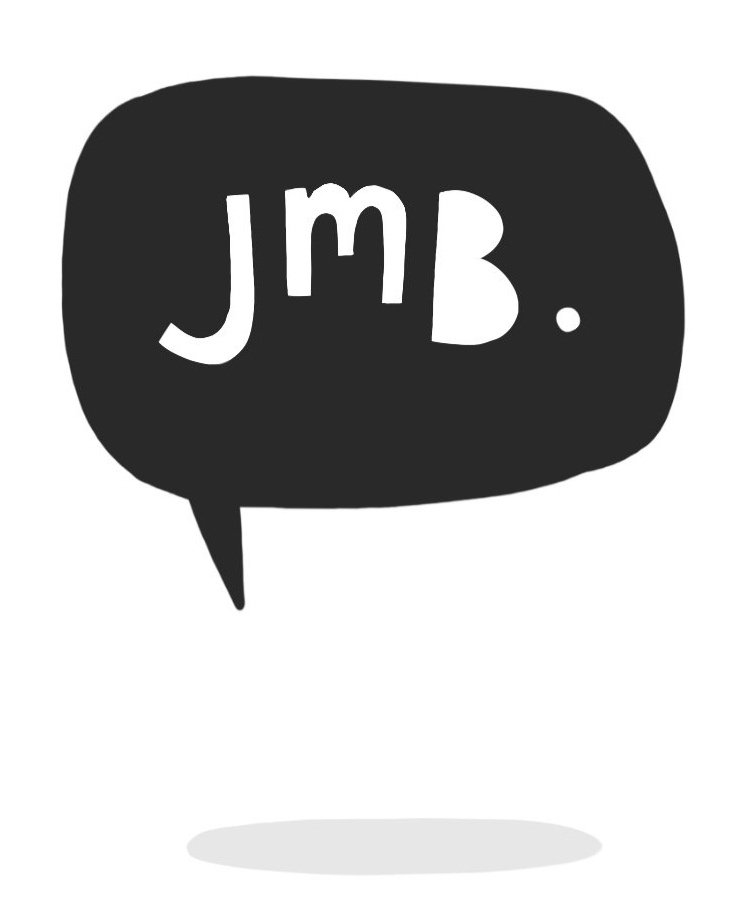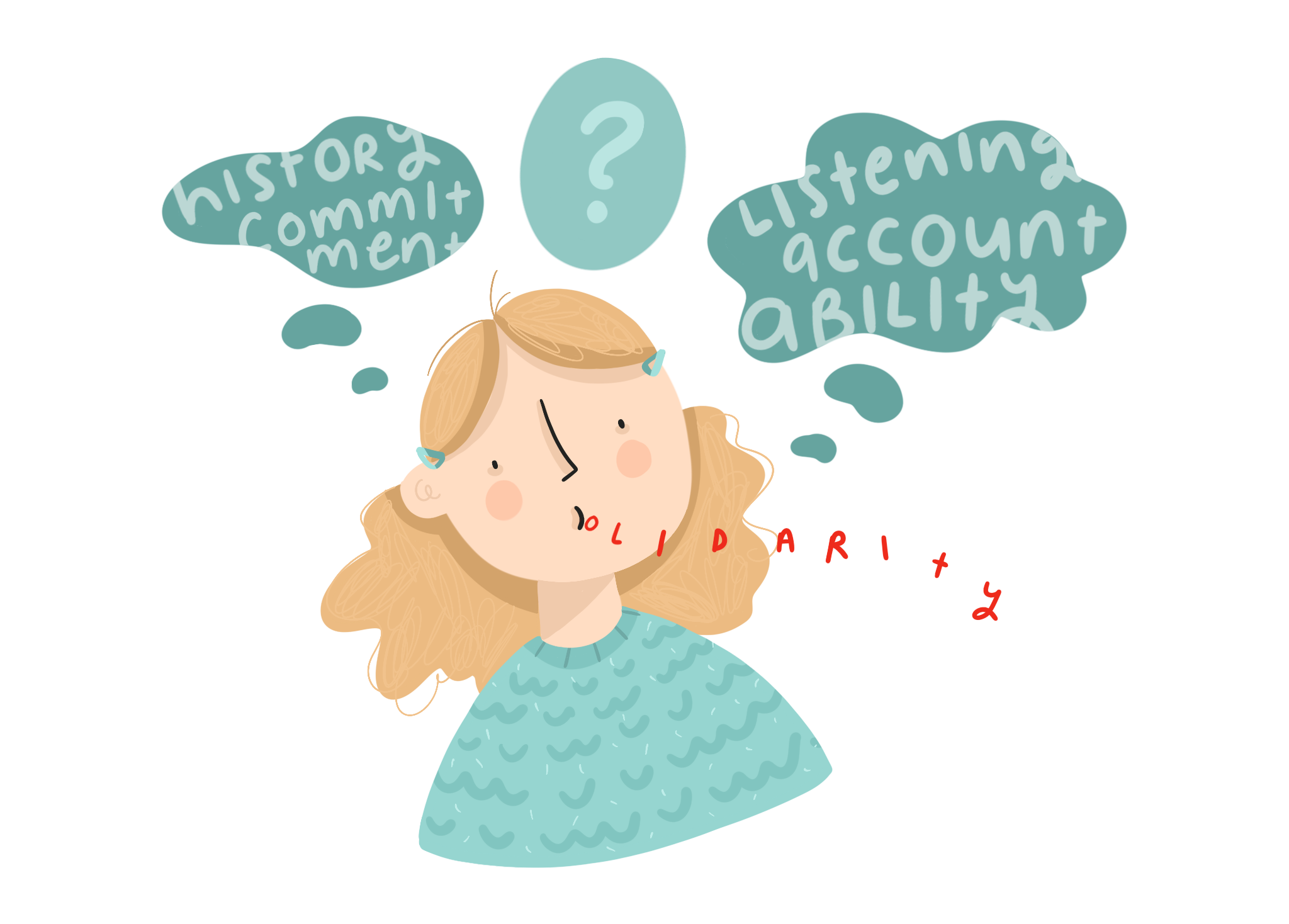The Third Sector Doesn’t Have a Language Issue; It Has a Racism Issue by Shaan Sangha
As we sit in the aftermath of yet another racist outpouring, people are turning to the word ‘solidarity’ as the new way forward. While the effort is positive and welcome, I think it’s worth taking a breath before we make this word the new cure-all for racism.
It’s been a few years since we were so brutally reminded that racism is alive and well in our society. Once again, things have gotten dire enough that it has rushed to the surface to cause pain and damage- like shingles. And just like shingles, as things calm down, we’re left worn out, running our fingers over our new scar and wondering what we’ll do if (when) it gets bad again.
As I scroll through LinkedIn and see how the charity sector is making sense of these events, one word keeps popping up: Solidarity. Posts about how including solidarity in our strategies will guide us through this dark time. Blogs on how solidarity is the answer to the racist riots. How solidarity has been the missing ingredient of our DEI (Diversity, Equity and Inclusion) policies. How solidarity will water our crops and make our wives more beautiful.
I’m being somewhat uncharitable here- I agree with the sentiment of many of these posts. I’m not here to criticise the idea of showing up for your community and connecting our struggles. I’m glad to see conversations about solidarity and how we can all take steps to embody it. But I am critical of how the charity sector frenzies over these ideas, consumes them quickly, and ultimately discards what’s left. As I see the word ‘solidarity’ plastered all over my feed, I have to ask if this cycle is repeating.
The ‘Jargonification’ of Ideas
The charity sector has an interesting relationship with new ideas. Occasionally, an idea takes centre stage- usually with activist roots, but only sometimes. It becomes the darling of funders, and charities follow suit. They attend training, read reports, and have one-off away days based around them. If we’re lucky, we get a project based on an idea funded by someone or another. Then… what exactly?
They have their moment in the sun and then are reduced to jargon. Power Sharing, Lived Experience, Co-production, and even Impact to a lesser degree—we get in the habit of using the words, but the meaning gets whittled down until it fits into the sector’s existing status quo—barely recognisable.
The ‘whittling down’ happens in a few different ways. Funders don’t consider how many resources are needed to bring these ideas to fruition, which leaves charity workers feeling completely overwhelmed. Think tanks and infrastructure organisations often try to make the concepts easier to engage with (so that people attend their pricey training), cutting complicated ideas down to 50-minute presentations over Zoom. Charities realise how much change is needed to bring these ideas into their organisations and worry about risk. People realise they might have to look at their own biases and realise they’d rather not.
So, we’re in the habit of changing our language but not our actions. As ‘solidarity’ moves into the spotlight, what will happen this time?
Solidarity vs Charity
Solidarity is so much bigger than the charity sector. It is inherently civil rights language that recognises worldwide systemic injustice. It asks us to connect our shared struggle and defy the attempts to divide and silence us. Solidarity has been the foundation of hardworking social movements and community organisations that genuinely seek to transform the conditions of communities worldwide. It’s not just an idea—it’s a practice. It is complicated but also heartening and transformative.
We cannot allow the sector to hollow it out. It can’t be squashed into a training session or reduced to a buzzword. We can’t tolerate a spate of charities saying this word without understanding its history and making no change to their working method. It can’t be shoehorned into DEI strategies that no one will ever look at again. We certainly don’t need it co-opted and for white charity leaders to start saying that any criticism that comes their way is us not being in solidarity with them. If the charity sector is going to start using this word, it needs to hold itself accountable to what the word means.
To be more honest, we just need to hold ourselves accountable. Think back to the commitments written in DEI policies. Think about what charities promised to do in the wake of Black Lives Matter demonstrations just a few years ago. Think about your own relationship to racism. You might need to challenge your beliefs rather than recoil in shame, or you might need to prioritise your well-being.
In some ways, it’s great to see the charity sector talking about solidarity. It has been missing from the sector since its inception and could lead to real change. But saying the word just isn’t enough. Suppose charities are going to meaningfully engage with the racism we have seen in the past few weeks. In that case, it needs to focus on recognising the humanity of the racially marginalised communities they come into contact with (including staff, volunteers, freelancers, service users- anyone) and clearly set out how they will hold themselves accountable if they fail. Anything less than that won’t cut it.
What happens now?
The point of this blog isn’t to undermine solidarity or any of the other ideas I’ve mentioned. It isn’t to throw a bucket of cold water onto any charity or charity worker galvanised by the riots to address racism. We must be aware of our own patterns as a sector before we go out and try to make big, sweeping changes we can’t sustain.
Racism is part of the very foundations of the charity sector, as it’s part of the foundations of this country, as it’s unfortunately a part of each of us. Saying the word ‘solidarity’ over and over won’t change that.



